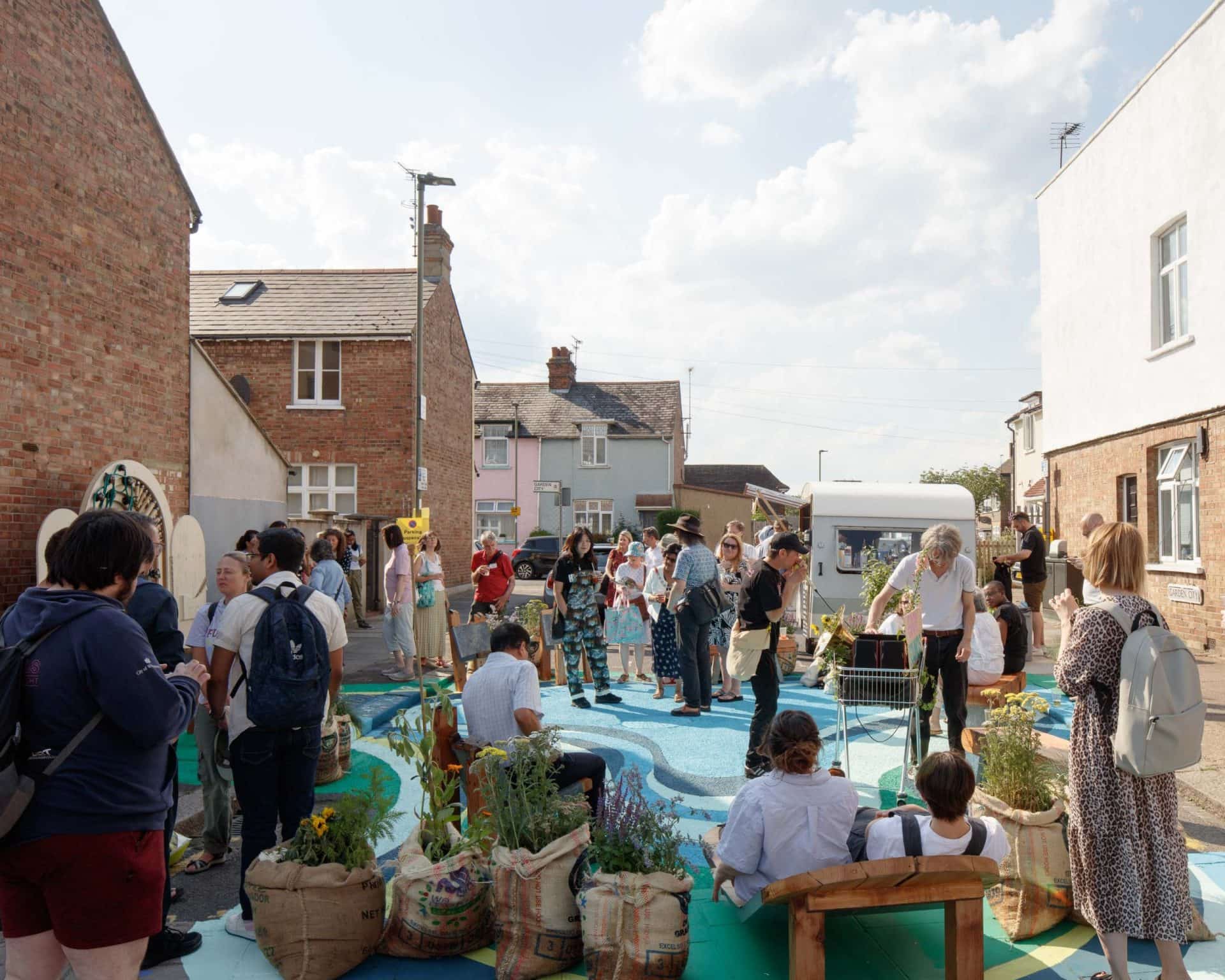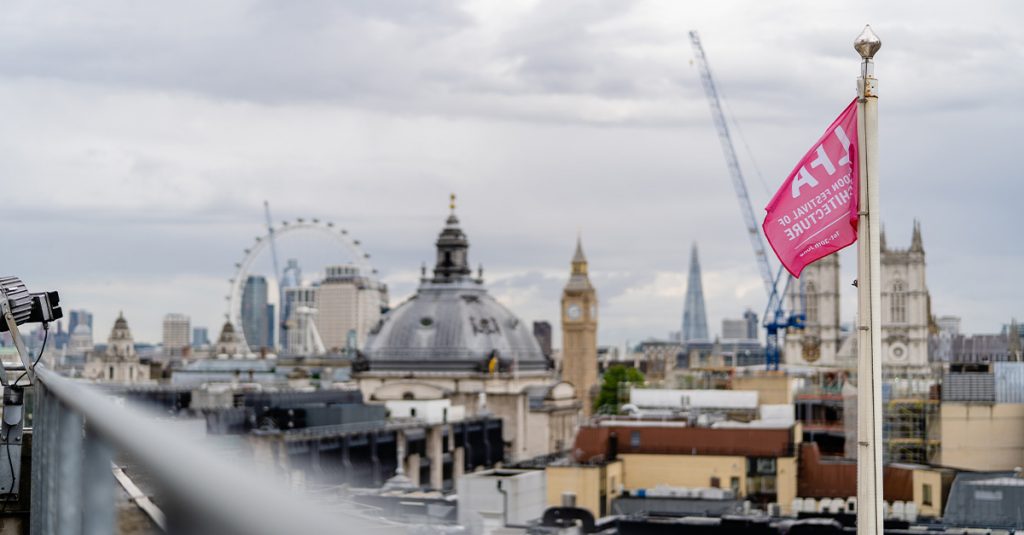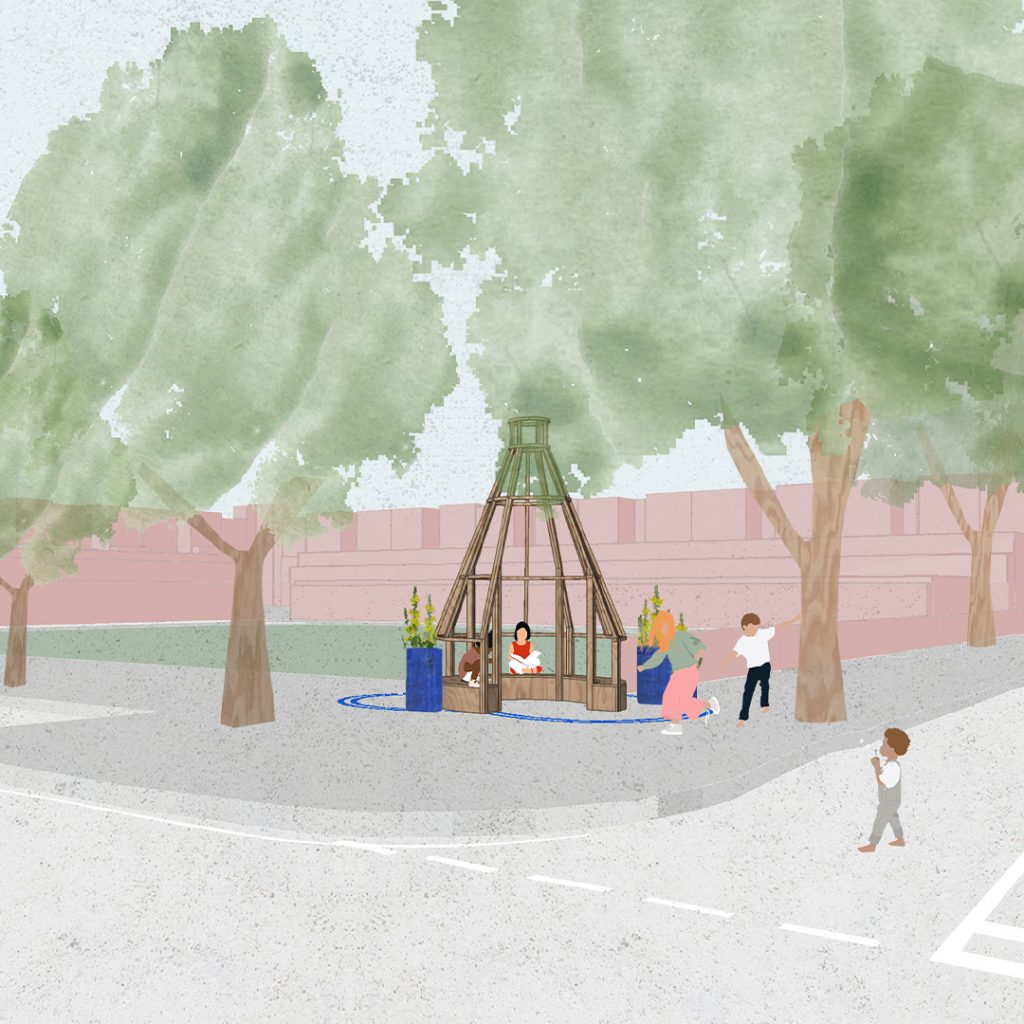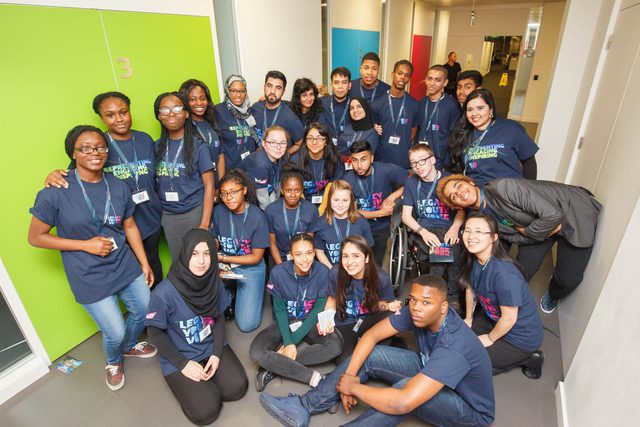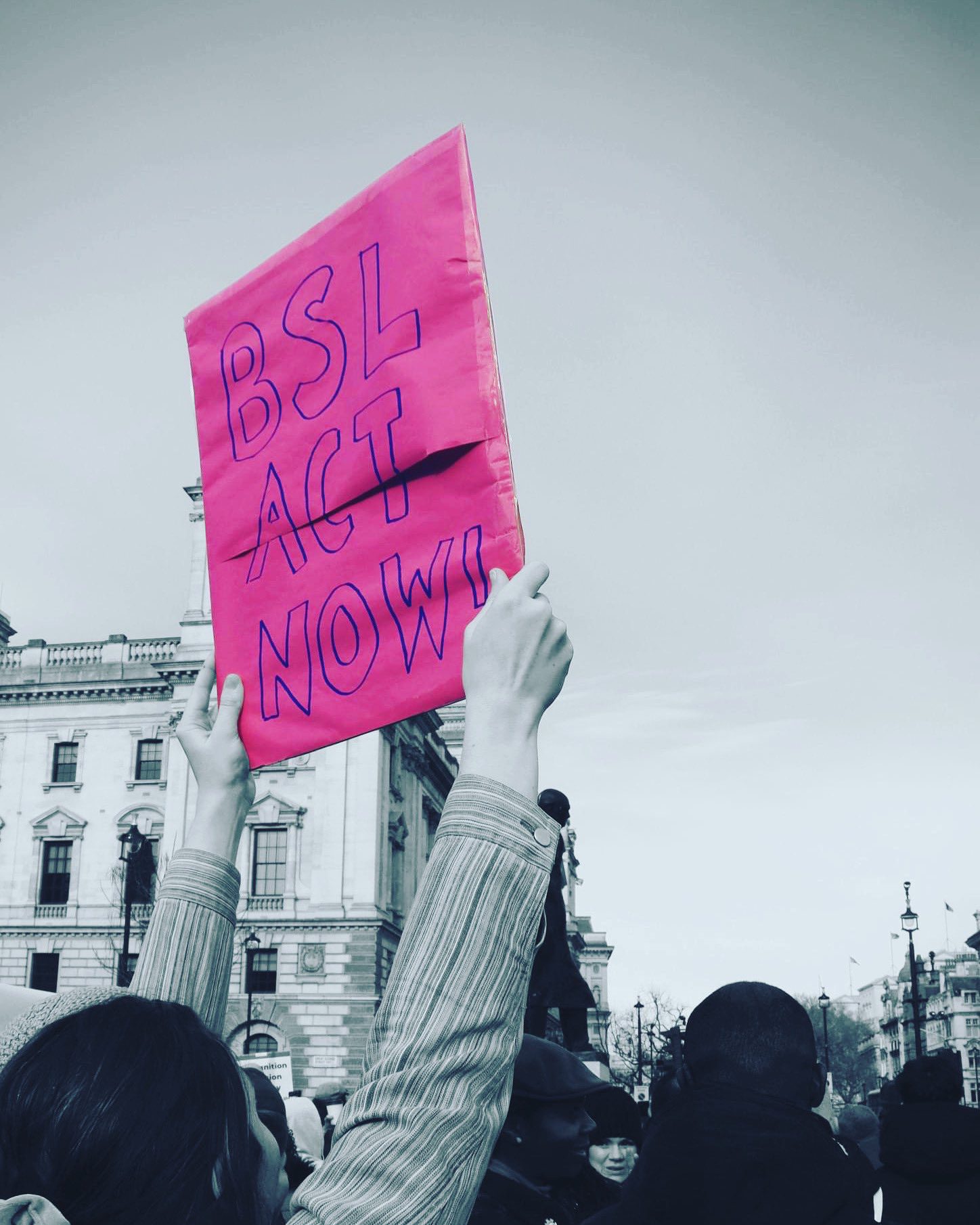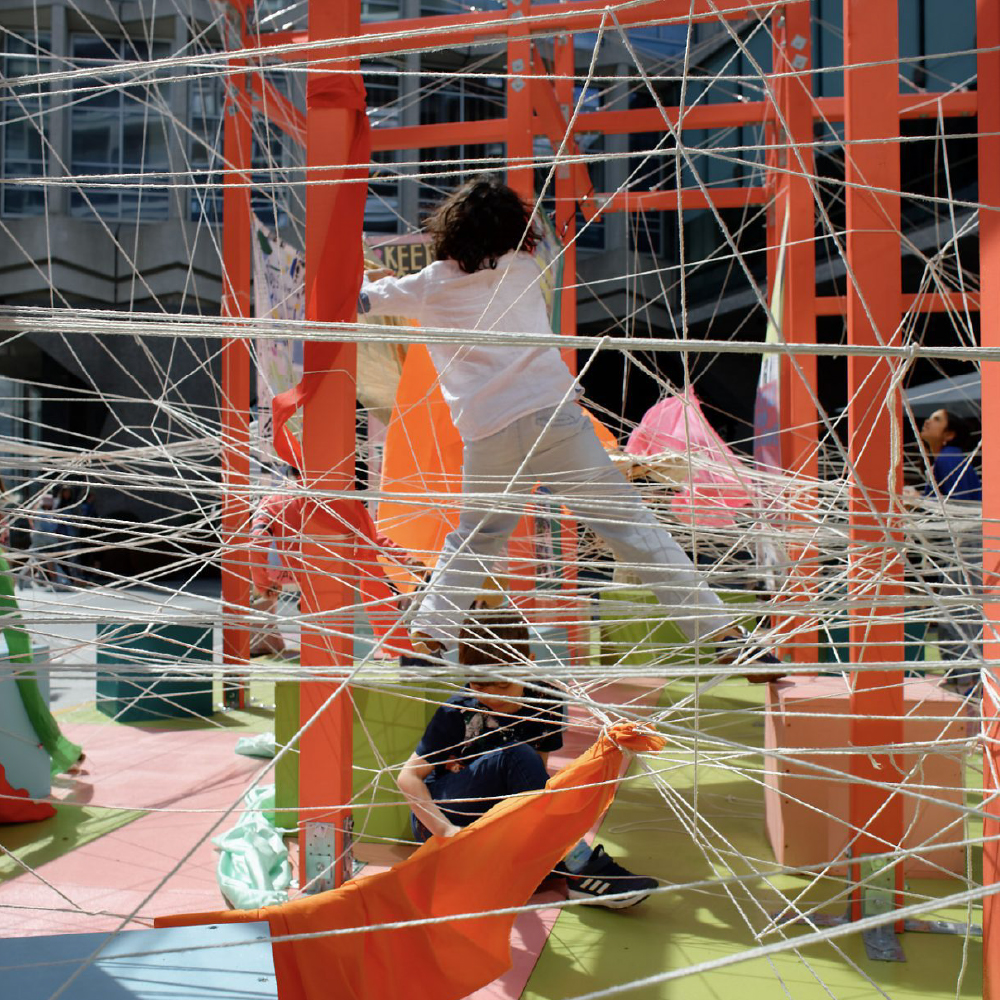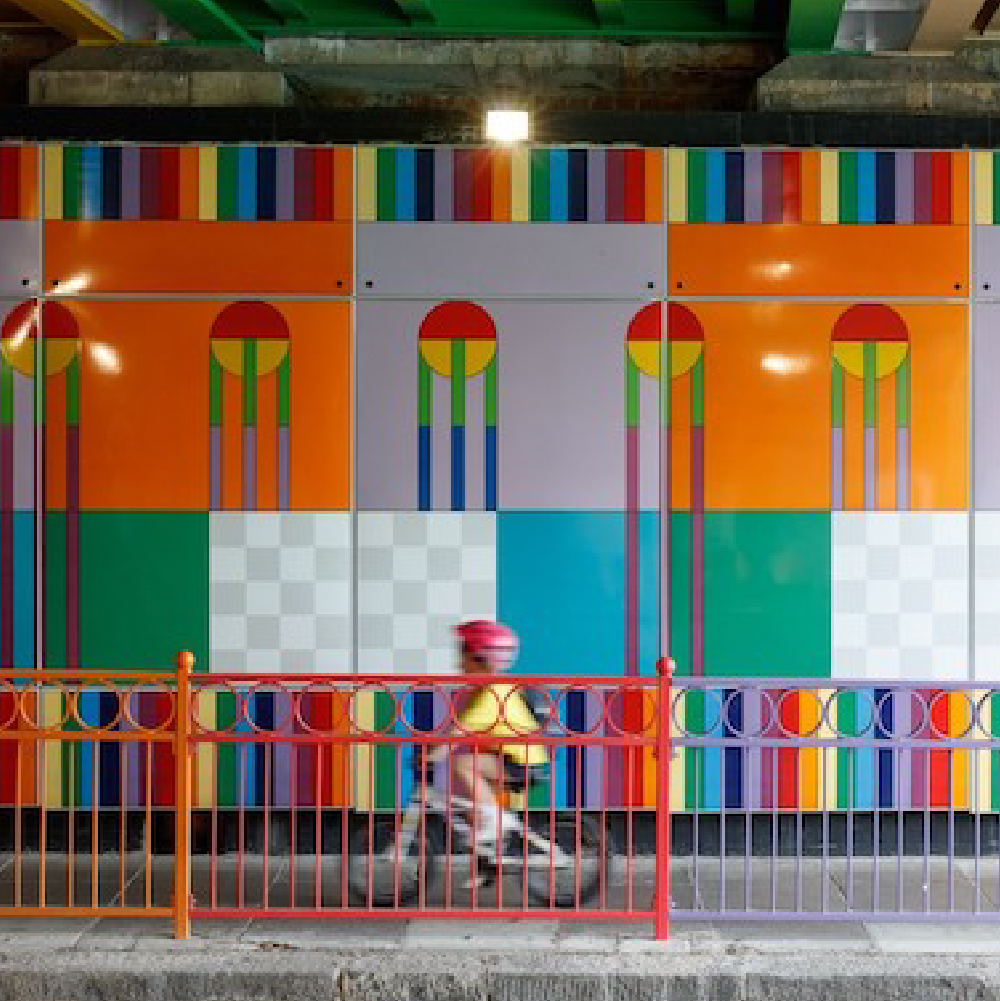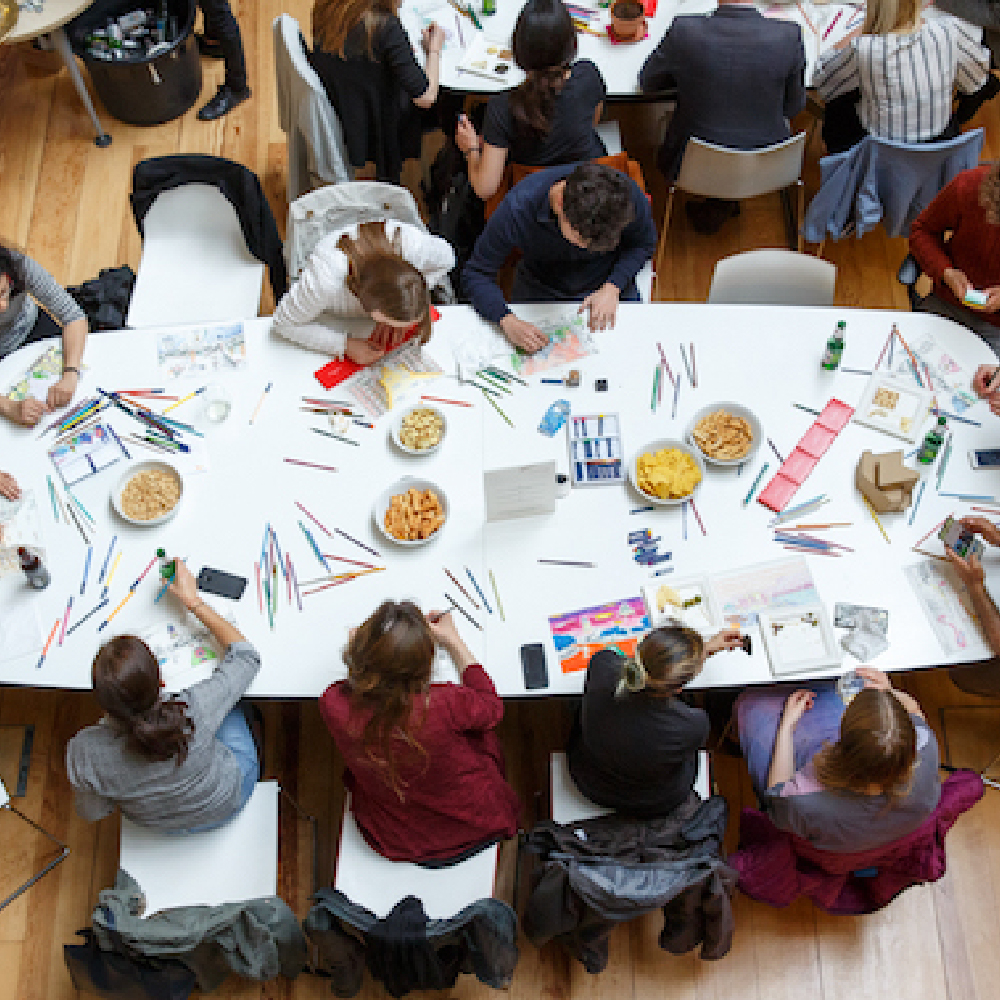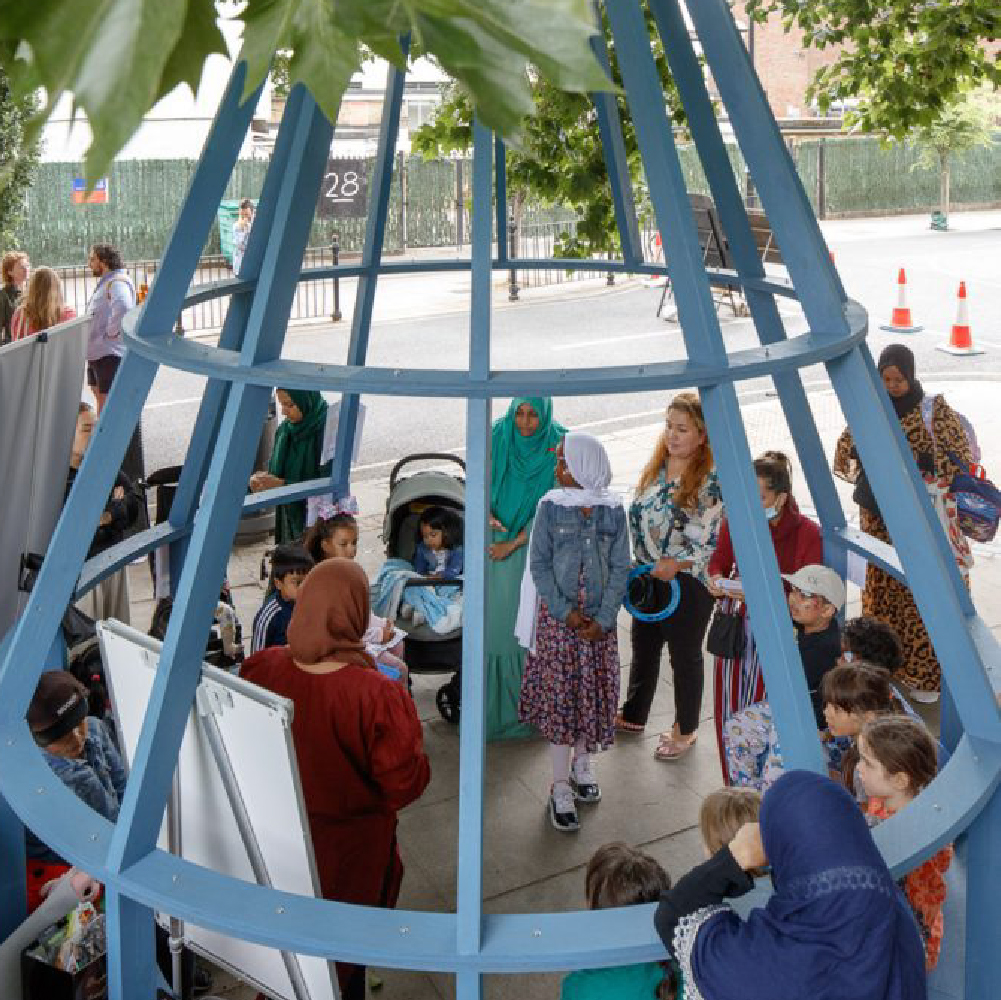- Sarah Castle is a founding director of IF_DO, an award-winning architecture practice, and is a chapter lead for Urbanistas, a network supporting women working in the built environment. She is also a member of our curation panel. In this essay she shares her thoughts on our 2019 theme of boundaries.

The LFA theme of boundaries sets up countless interesting and exciting possibilities for exploration. As architects we deal with boundaries on a daily basis – from Macro to Micro scales.
The world’s population is increasingly urban with more than half of us now living in urban areas. As architects we can have a huge impact on the experience of people living within cities, in the way that we shape the built environment. And as urban populations grow, and the boundaries of London expand, we must question the nature of the city and its edge. I look forward to events within the LFA programme which explore and expand upon these issues: how should we approach density when creating successful, high quality places to live? How should we design and regulate the boundary of London, and what level of protection should we apply to the green spaces that surround this expanding territory?
It is also sometimes necessary to break down boundaries, including those which prevent or discourage women and minority groups from joining and remaining part of the profession. Boundaries within architecture can be structural – in the way that we approach education and regulation – and they can also be cultural, and I am hoping to see propositions within the LFA programme which question this further. It is 100 years since the first female architect was admitted to the RIBA and it is really important that we continue to break down those boundaries which reinforce gender and social imbalance within the profession.
On a smaller scale, I am excited to see how architects approach boundaries at the scale of the individual building. Even the smallest project affects the environment, the local community and the economy. The impact that projects have is not limited by the site boundary, and by thinking of a bigger picture and questioning the nature of boundaries, we can create buildings that do so much more.

